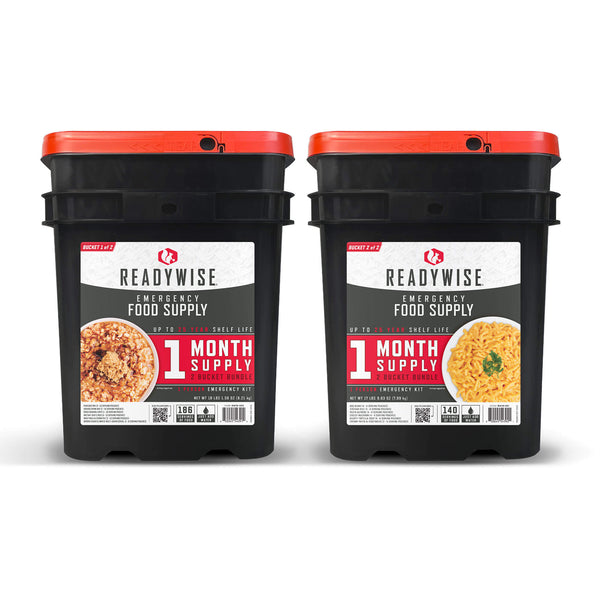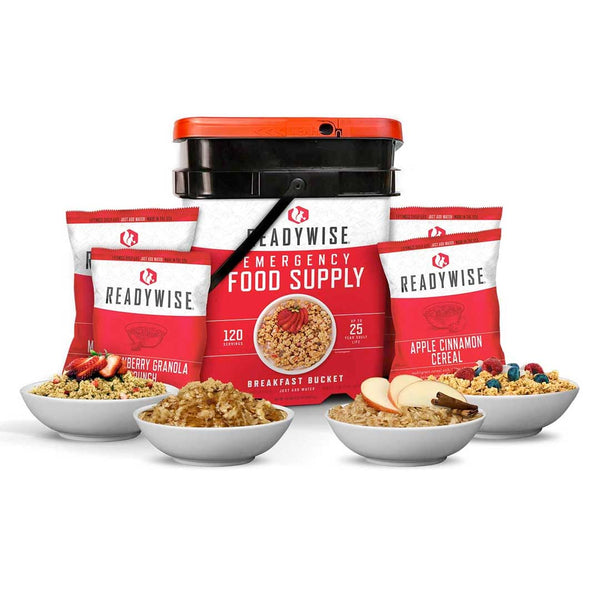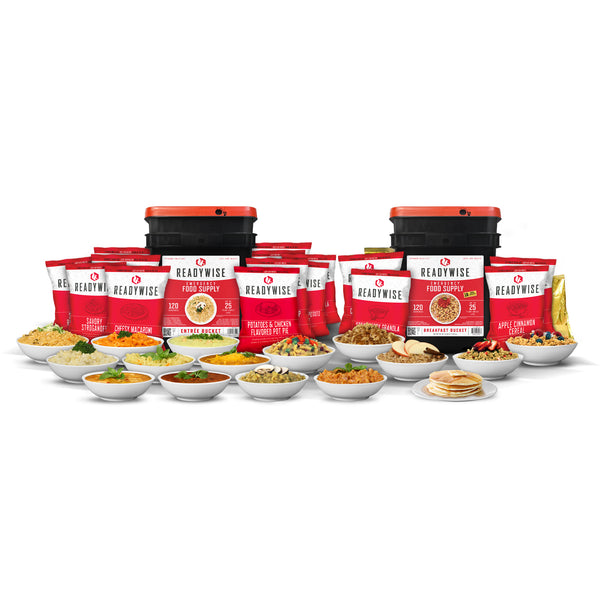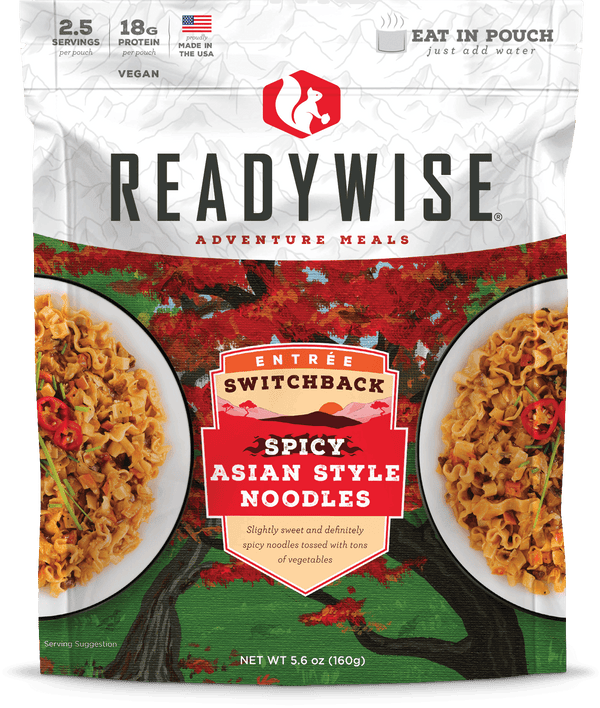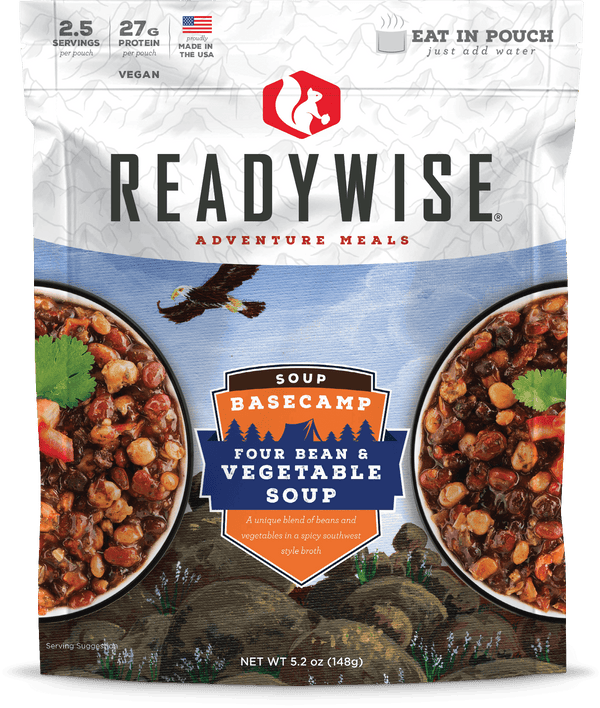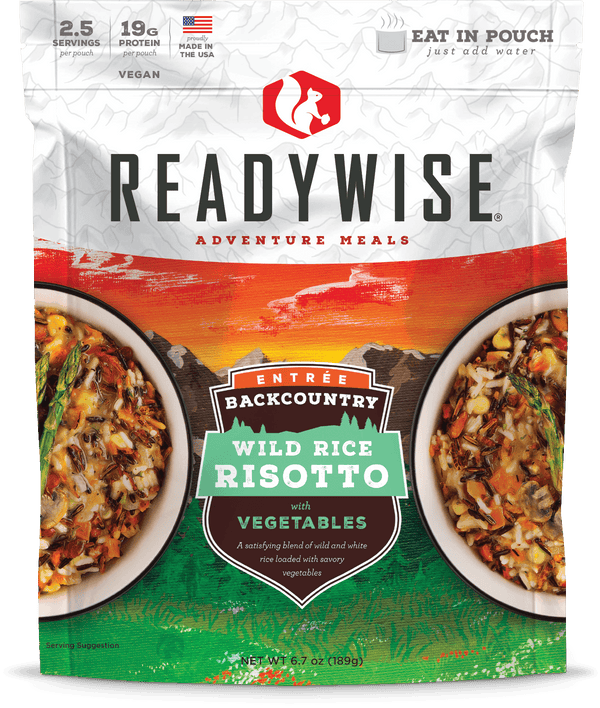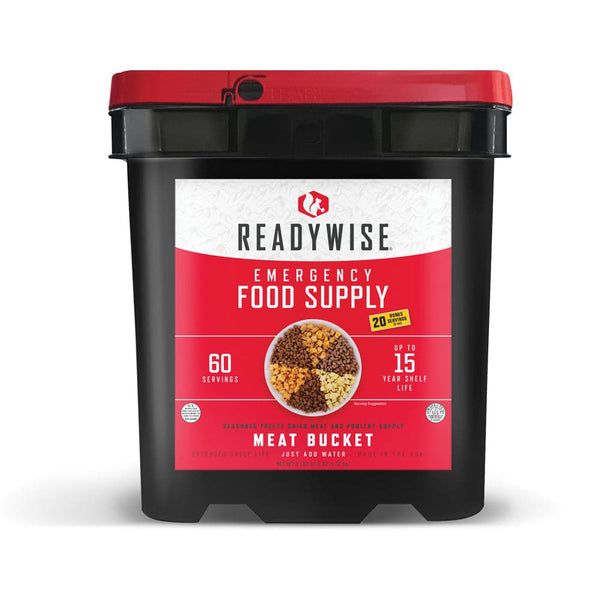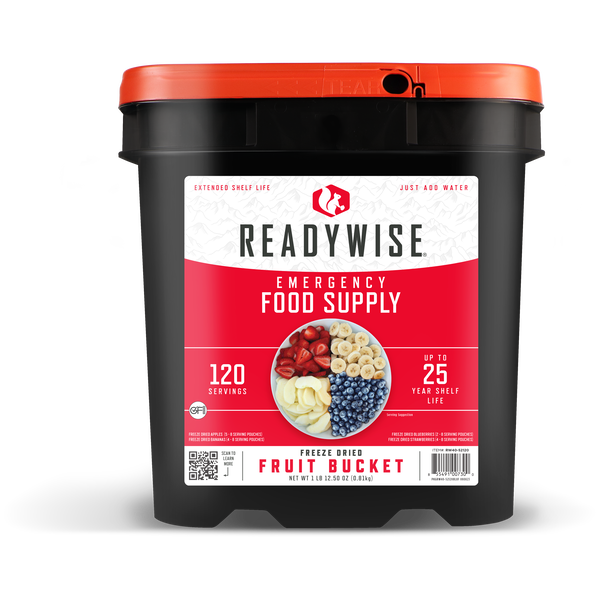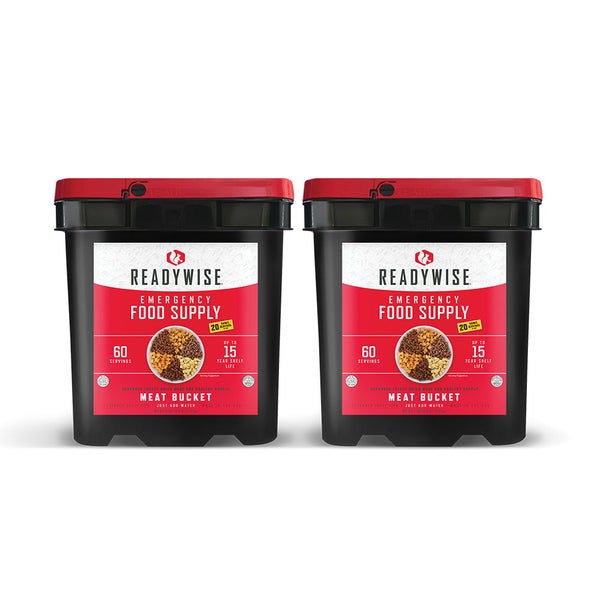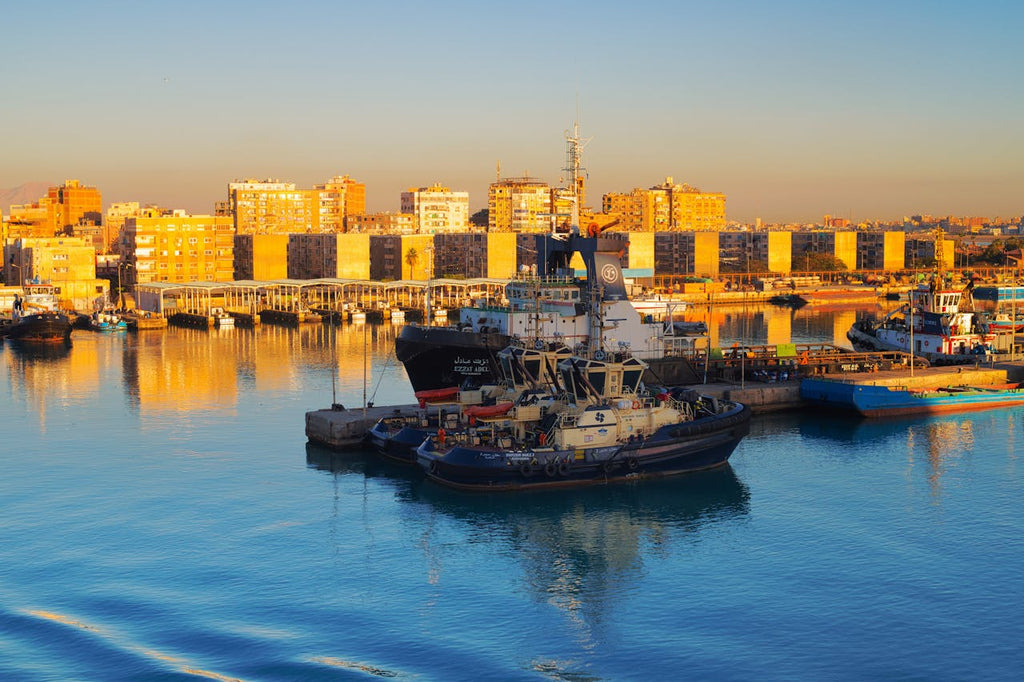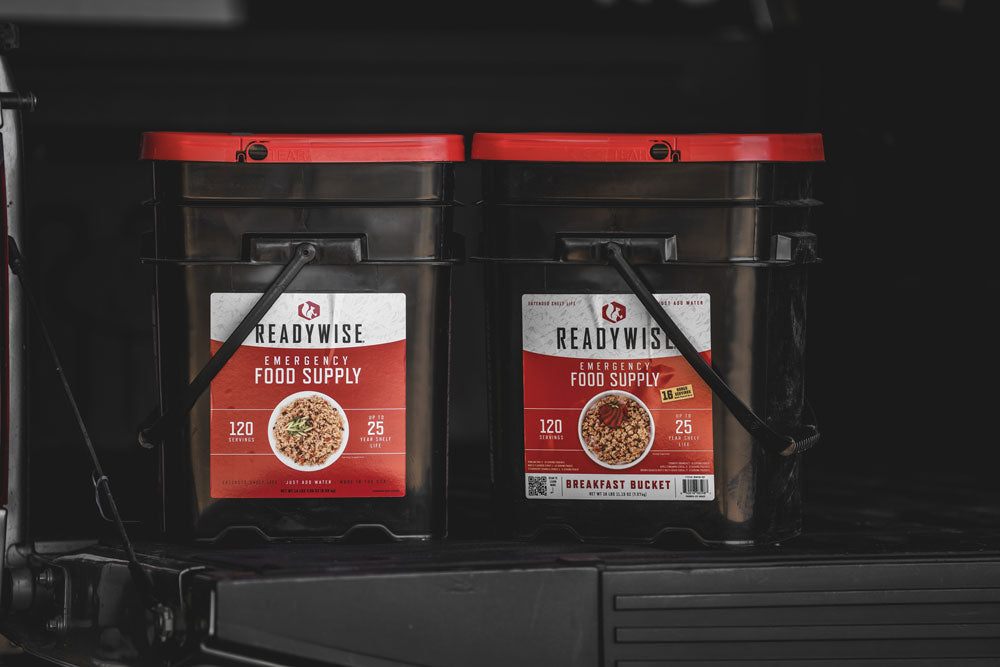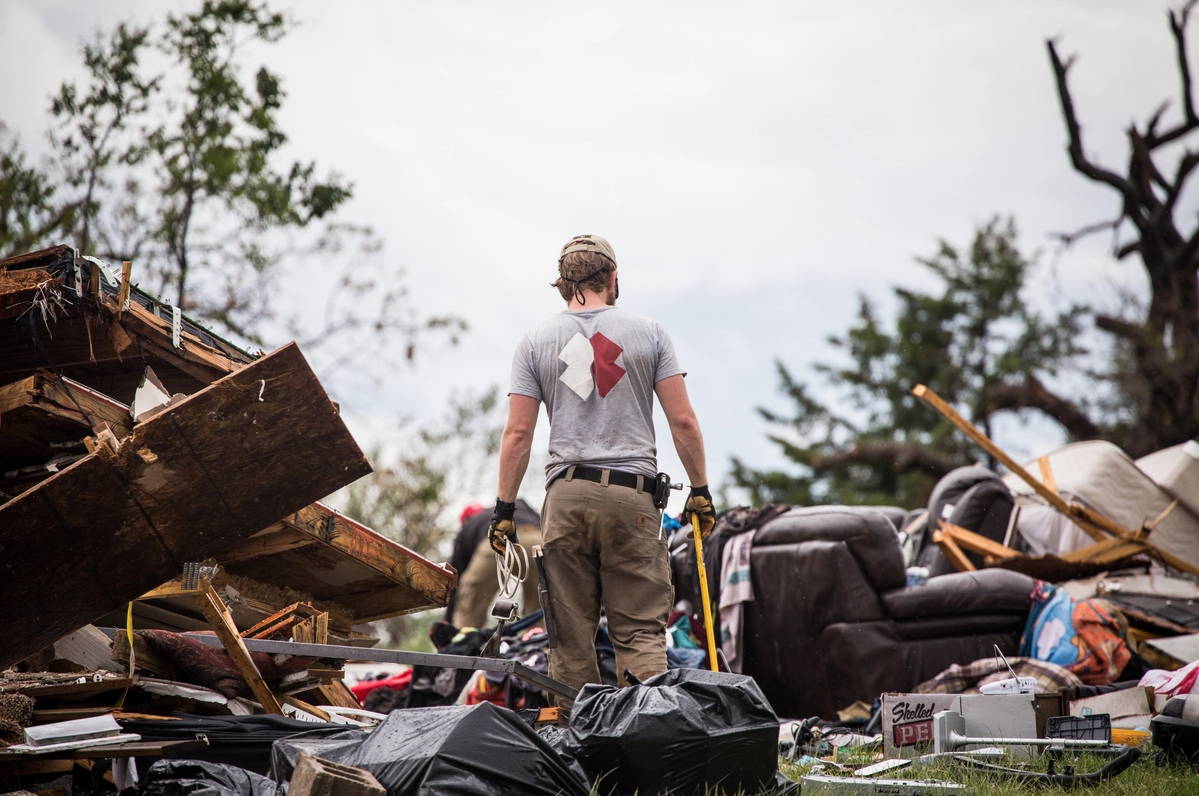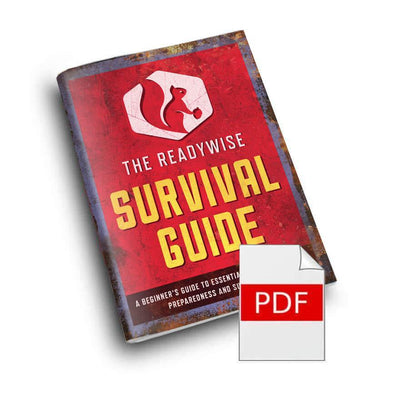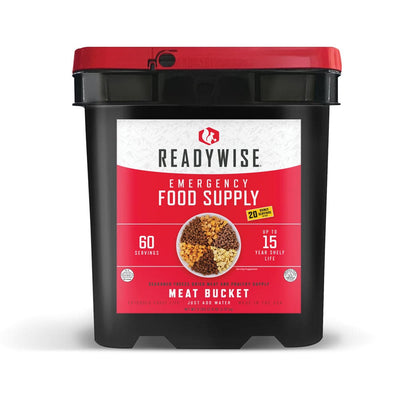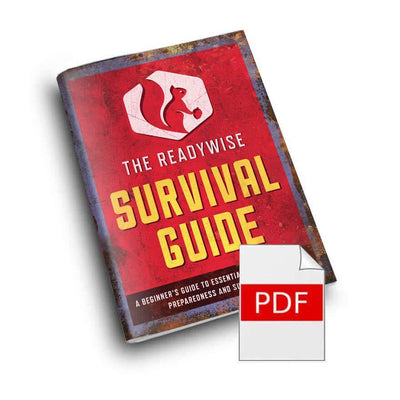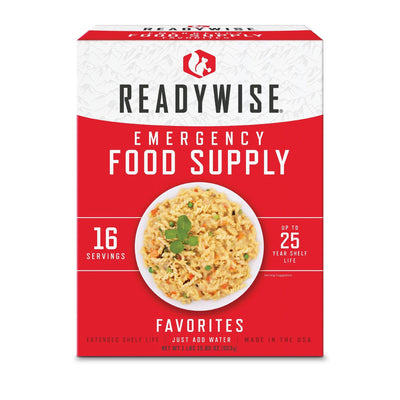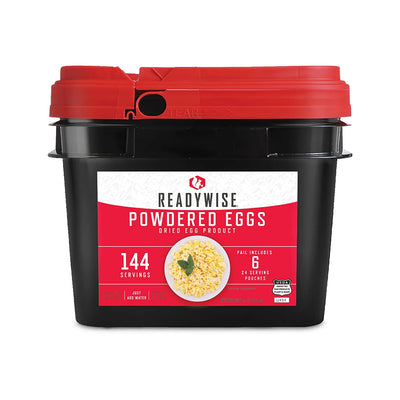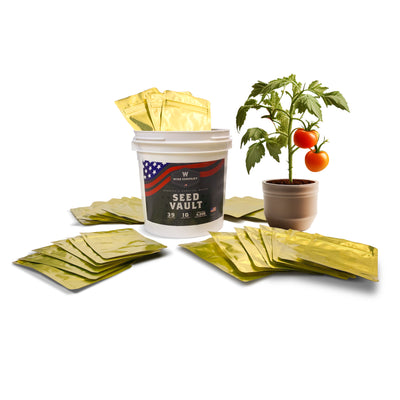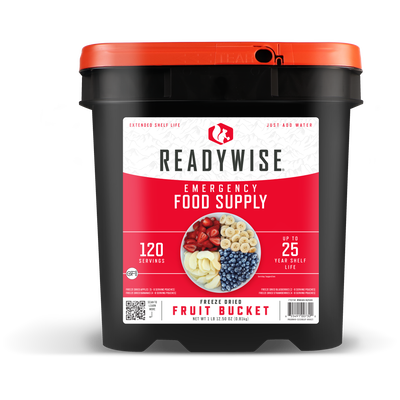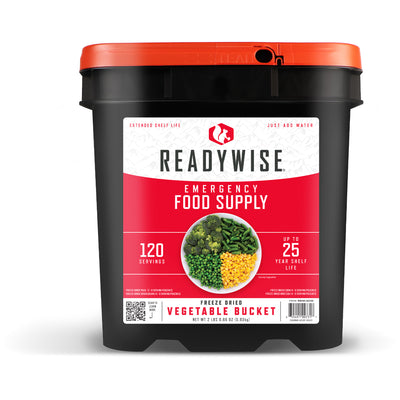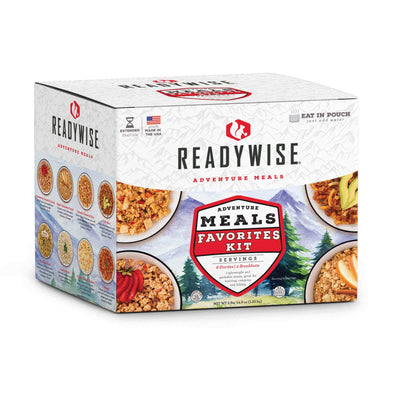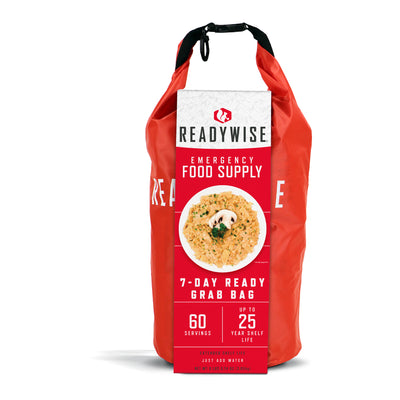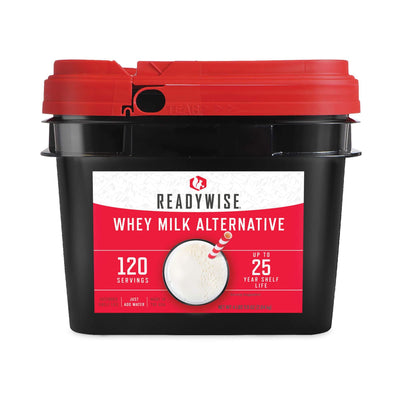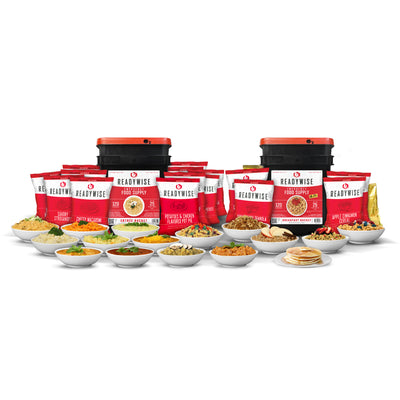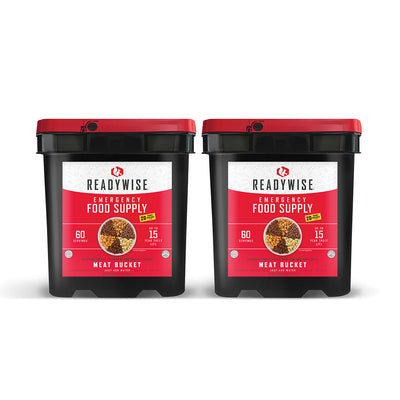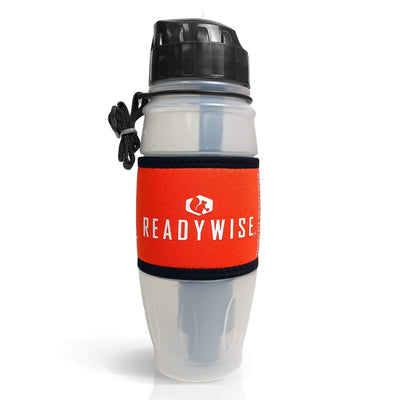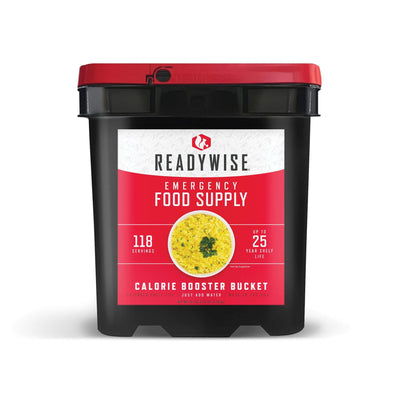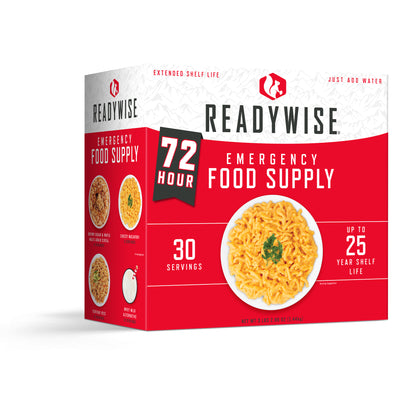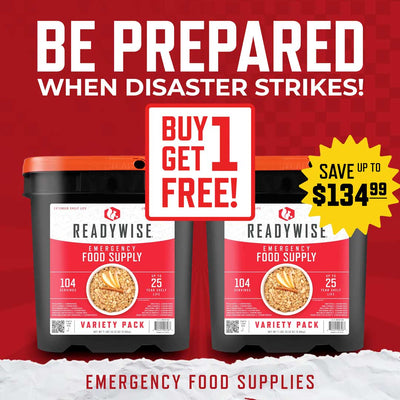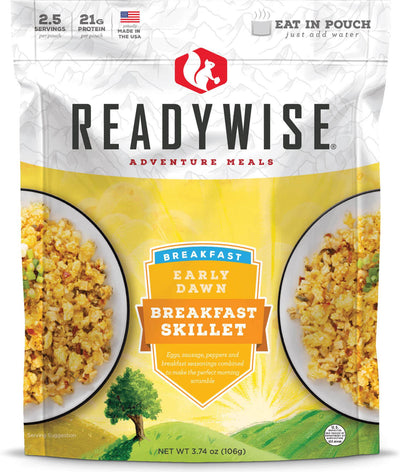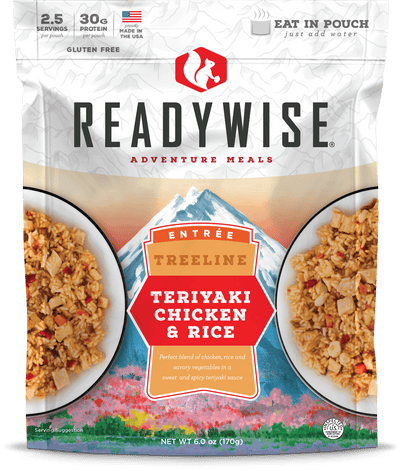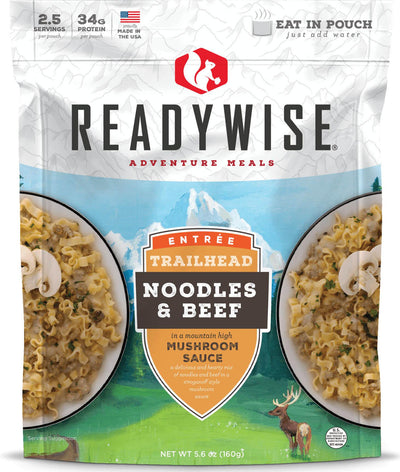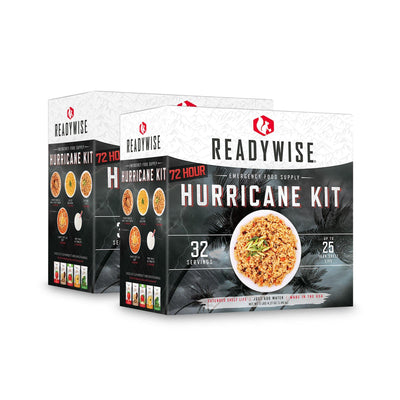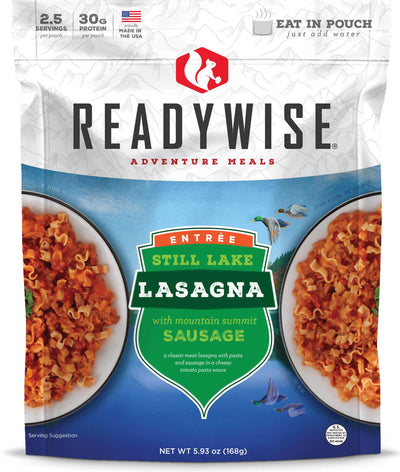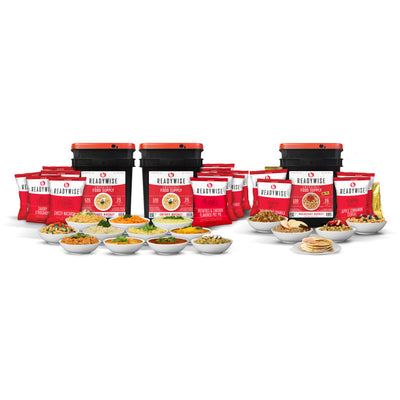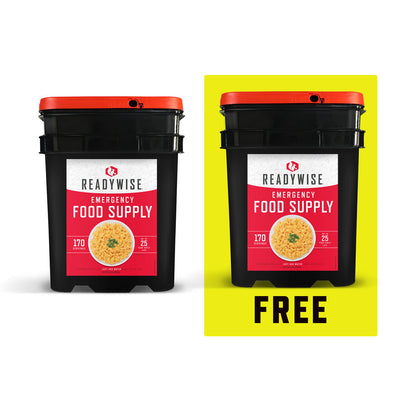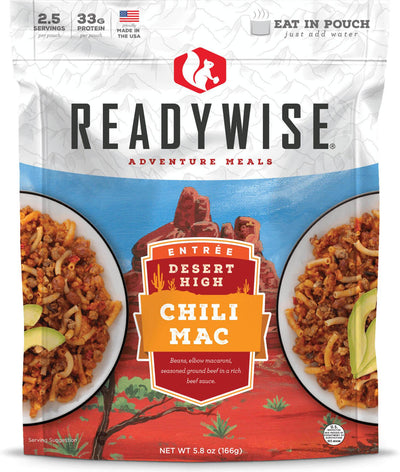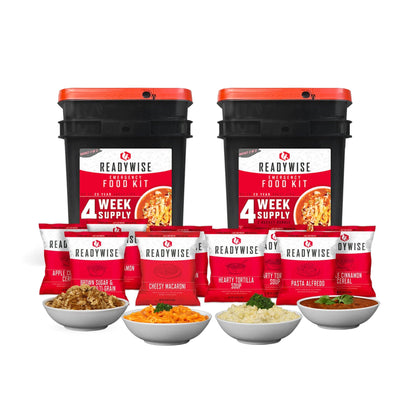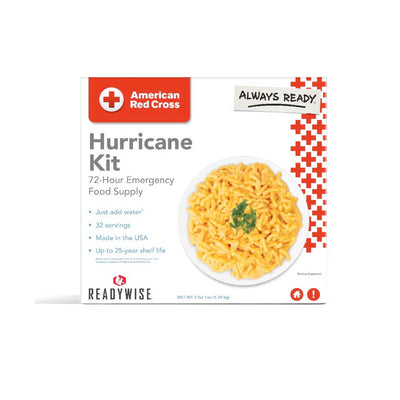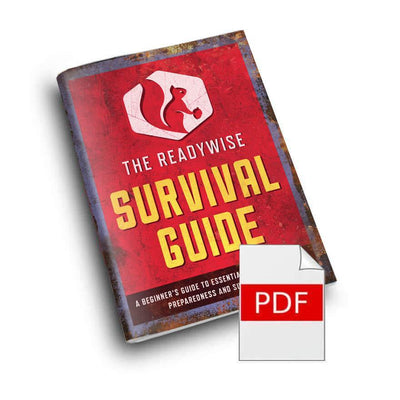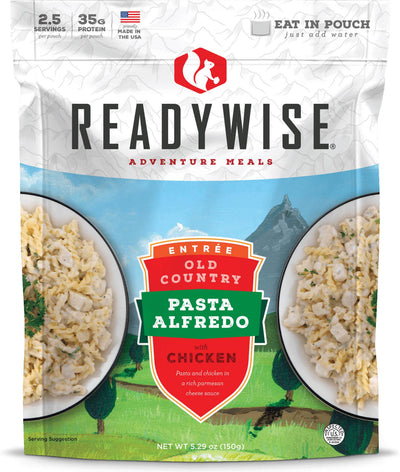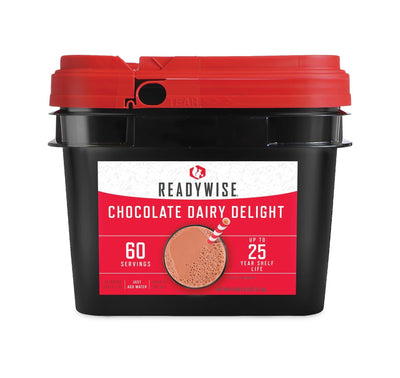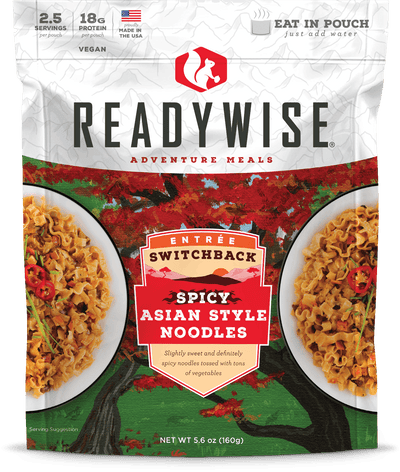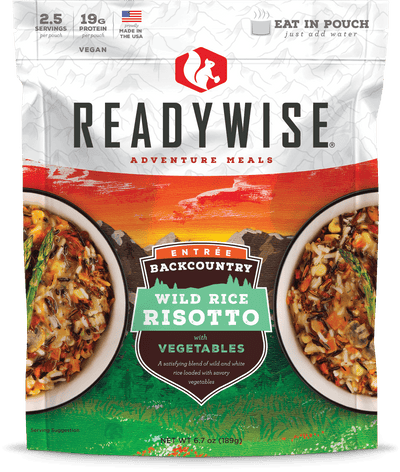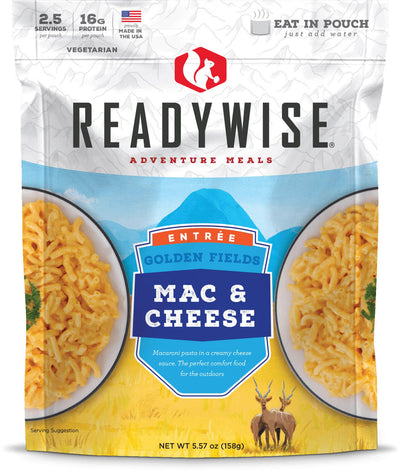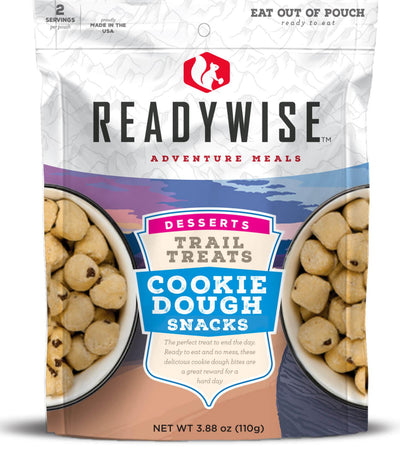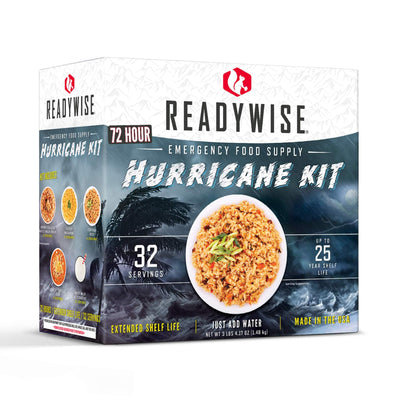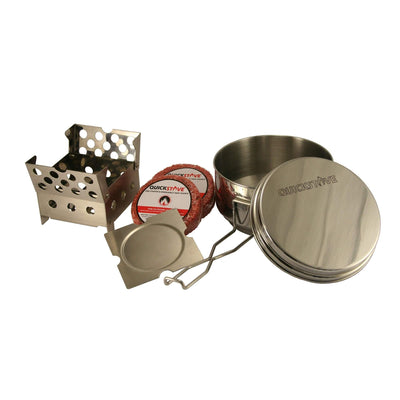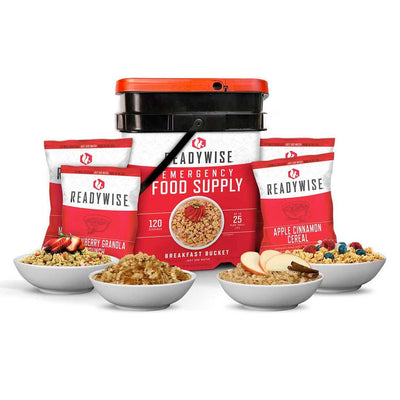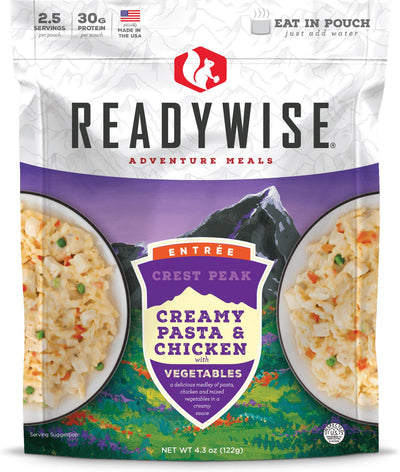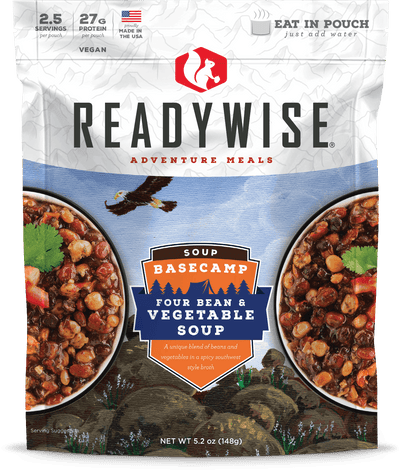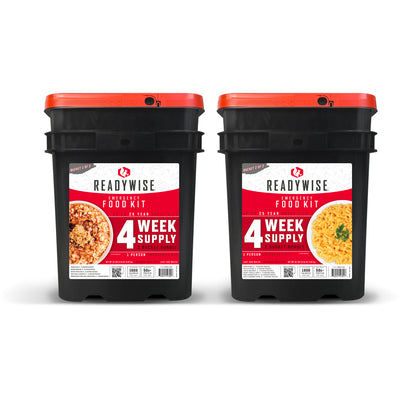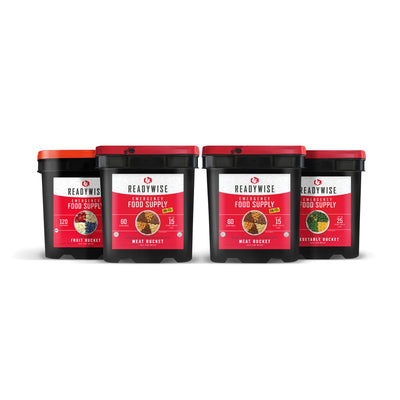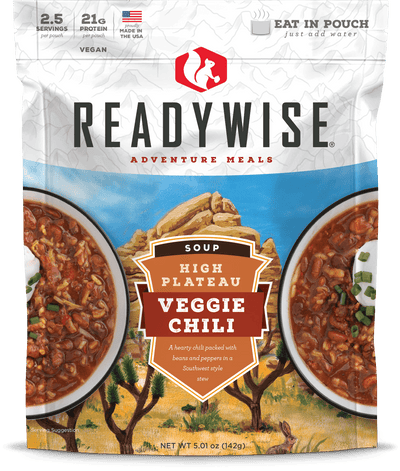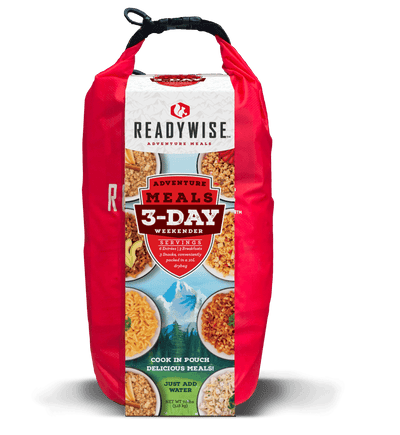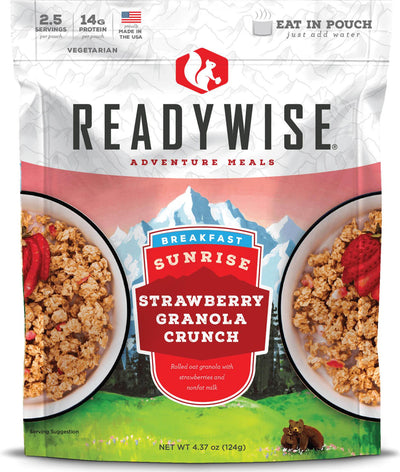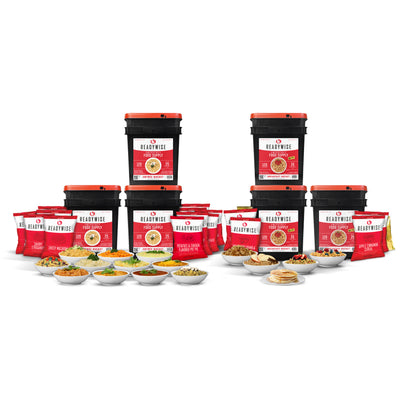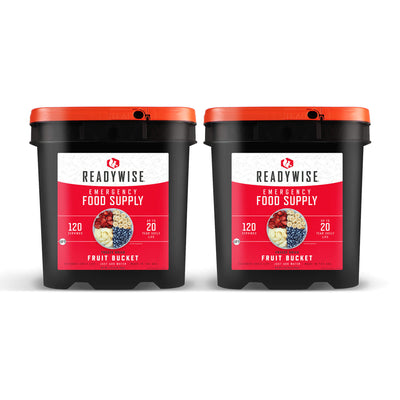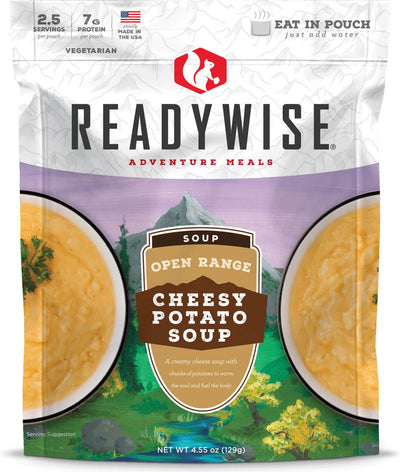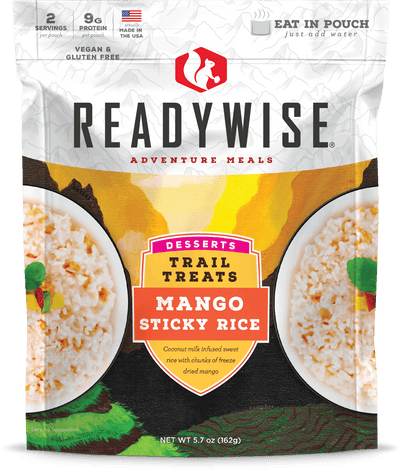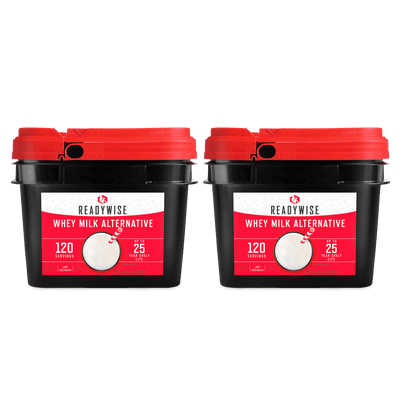Supply Chain Shockwaves: How Global Events Can Affect Your Family
Written by Ben Slaughter
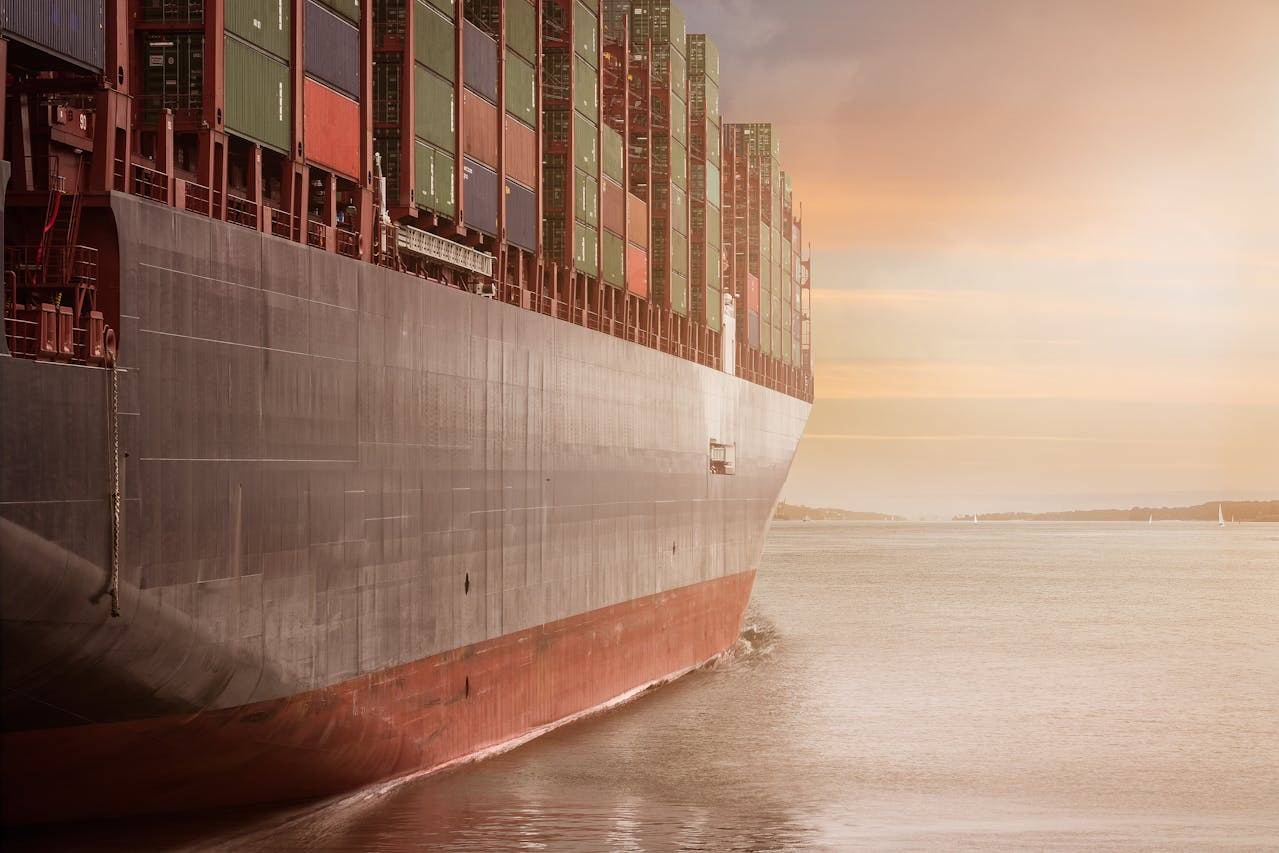
In today's interconnected world, our pantry shelves are more exposed to risks than ever before. From global conflicts to natural disasters, events happening far away can have a direct impact on what's stocked in our kitchens. Let's dive into the complex reasons behind these food security challenges and find out how you can take steps to protect your pantry from unexpected disruptions. Join us as we explore the link between these supply chain events and the food on your shelves, and discover practical strategies to ensure you're prepared for whatever comes your way.
1. Midwest Drought and Corn Shortages:
Severe drought in the Midwest, coupled with extreme weather events like heatwaves and flash floods, could significantly impact corn production—a staple crop used in various food products and animal feed. In 2012, the Midwest experienced one of the worst droughts in decades, leading to reduced corn yields and higher prices for corn-based products. Such disruptions not only affect domestic food production but also contribute to global food price volatility, as the United States is a major exporter of corn and soybeans.
In times of crisis, disruptions to food supply chains can pose significant challenges to accessing essential nutrients. For individuals and families reliant on emergency food supplies, such disruptions can exacerbate food insecurity and compromise nutritional intake. Severe droughts and extreme weather events, such as hurricanes or wildfires, can disrupt agricultural production and transportation networks, leading to shortages of essential food items.
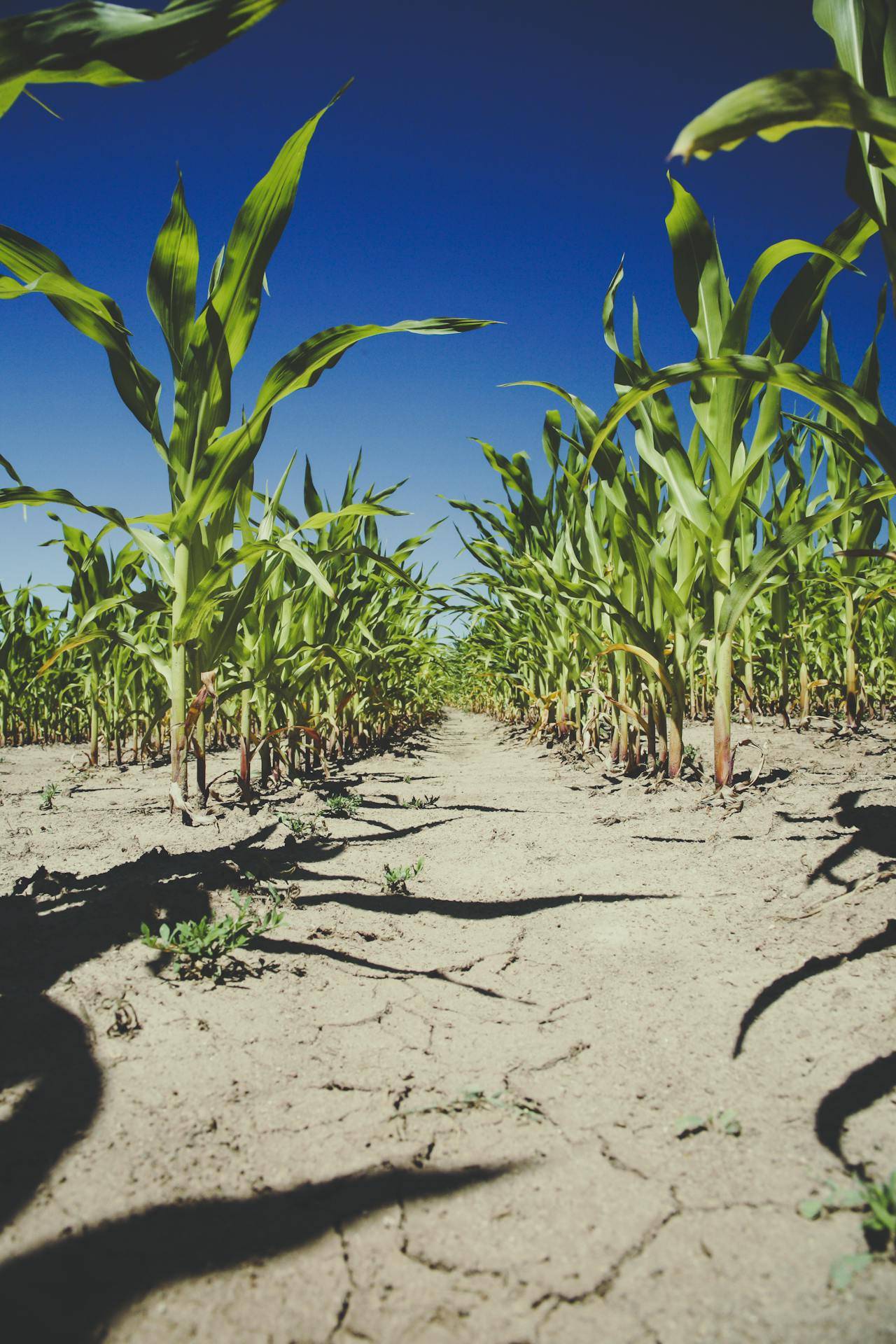
2. California Wildfires and Produce Supply

California's agricultural output, including fruits, vegetables, and nuts, is vulnerable to wildfires, which can destroy crops, damage infrastructure, and disrupt supply chains. In recent years, wildfires have scorched thousands of acres of farmland, resulting in crop losses, labor shortages, and transportation disruptions. For example, the 2020 California wildfires destroyed vineyards and orchards, leading to major supply shortages and price increases for products like grapes, almonds, and avocados.
This sector of the U.S. faces significant challenges from wildfires, impacting more than just crop yields. These disasters disrupt soil integrity, pollute water sources, and displace essential farmworkers, causing ripple effects throughout the food supply chain. Moreover, transportation networks suffer, impeding the timely delivery of fresh produce to market shelves. As a result, food scarcity intensifies, and prices soar, underscoring the vulnerability of our food system to environmental crises.
3. Gulf Coast Hurricanes and Energy Supply
Hurricanes and tropical storms in the Gulf Coast region pose risks to offshore oil production, refineries, and port facilities, affecting not only fuel supplies but also transportation networks for imported food commodities. Hurricane Katrina in 2005 disrupted oil and gas production, leading to fuel shortages and price spikes across the country. Similarly, Hurricane Harvey in 2017 Houston's industrial network, disrupting petrochemical plants and causing major ripple effects throughout the supply chain.
In addition to disruptions in fuel production and distribution, hurricanes like Katrina and Harvey have also caused widespread damage to port facilities along the Gulf Coast. Ports serve as critical hubs for importing food commodities into the United States, and disruptions to port operations can lead to delays in food shipments and distribution. For instance, the closure of the Port of New Orleans following Hurricane Katrina halted the flow of imported food products into the country for months.
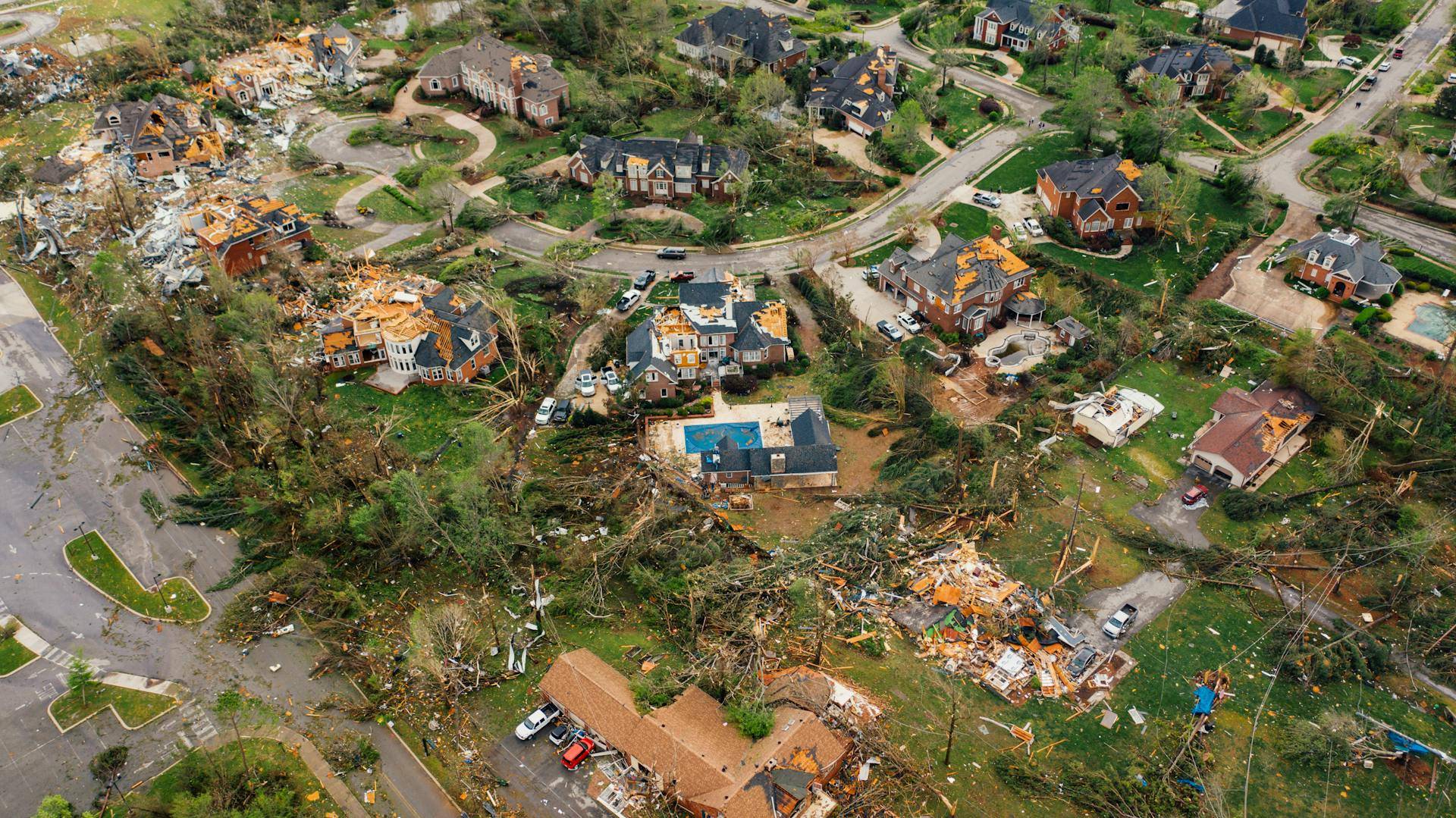
4. Suez Canal Blockage and Global Trade:
The blockage of the Suez Canal in March 2021 by the container ship Ever Given highlighted the vulnerability of global trade routes to disruptions. The six-day closure delayed thousands of shipments, including food, consumer goods, and raw materials, causing congestion at ports and triggering supply chain bottlenecks. The incident underscored the importance of alternative shipping routes and contingency planning to mitigate the impact of chokepoints on international trade.
The incident also shed light on the complexities of global logistics and the interconnectedness of supply chains. As ships queued up at either end of the canal awaiting passage, the backlog reverberated through various industries, affecting manufacturers, retailers, and consumers alike. In addition to food products, critical supplies such as medical equipment and pharmaceuticals were delayed, highlighting the vulnerabilities inherent in relying on centralized transportation routes for essential goods.
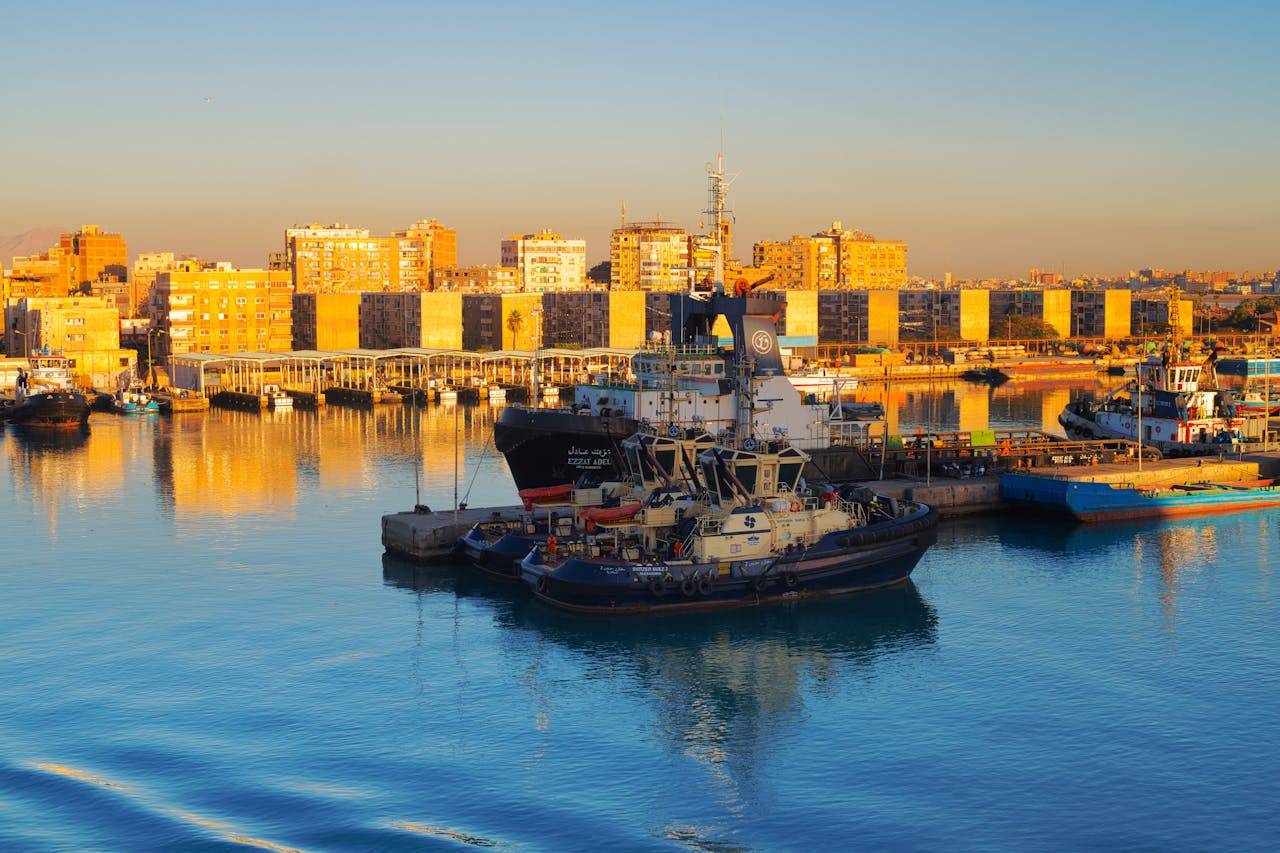
5. Cyberattacks on Food Distribution Networks:
Cyberattacks targeting food distribution networks and supply chain systems pose significant risks to food security and emergency preparedness. In recent years, ransomware attacks and data breaches have disrupted operations at food processing plants, warehouses, and logistics companies, leading to disruptions in food production and distribution. For example, the 2021 cyberattack on JBS, one of the world's largest meat processors, temporarily halted production at several facilities, affecting global meat supplies and prices.
In 2018, a cyberattack targeted the IT systems of Maersk, one of the world's largest shipping companies, disrupting operations across its global network. The ransomware attack, known as NotPetya, paralyzed Maersk's booking systems, container tracking platforms, and email servers, causing widespread chaos and financial losses. As a result, Maersk had to halt operations at multiple ports, leading to delays in shipments of goods, including food and perishable items.
Steps To Take
Identify essential supplies, including food, water, medications, and emergency tools, and make a comprehensive inventory. Next, develop a detailed emergency plan tailored to your specific circumstances, considering factors such as geographic location, family dynamics, and potential hazards. Establish communication protocols, evacuation routes, and rendezvous points to facilitate coordination during emergencies.
Once your emergency plan is in place, focus on building a robust emergency supply kit. Stock up on non-perishable food items with extended shelf lives, such as freeze-dried meals, canned goods, and dry staples. Ensure an ample water supply, aiming for at least one gallon per person per day for a minimum of three days. Don't forget to include essential medical supplies, hygiene products, and tools for shelter and self-defense. Regularly review and update your emergency supplies and plans to adapt to changing circumstances and maintain readiness for any situation.
Related Articles
Products We Recommend
As we confront the reality of supply chain vulnerabilities, now more than ever, it's crucial to prioritize emergency preparedness. By stocking your pantry with essential food supplies and equipping yourself with the tools necessary to navigate uncertain times, you can ensure the well-being of your family and community. Explore our comprehensive range of emergency food options, thoughtfully curated to meet your needs and provide peace of mind in the face of adversity.
What Are People Saying?
Check out reviews from customers just like you!
Are You Ready?
Is your family prepared for the next unplanned emergency? Are you ready for your next outdoor adventure? Do you have a way to fix up a quick dinner after your busy day?
ReadyWise provides you with all the necessary long-term food storage and freeze-dried food required for any situation.








